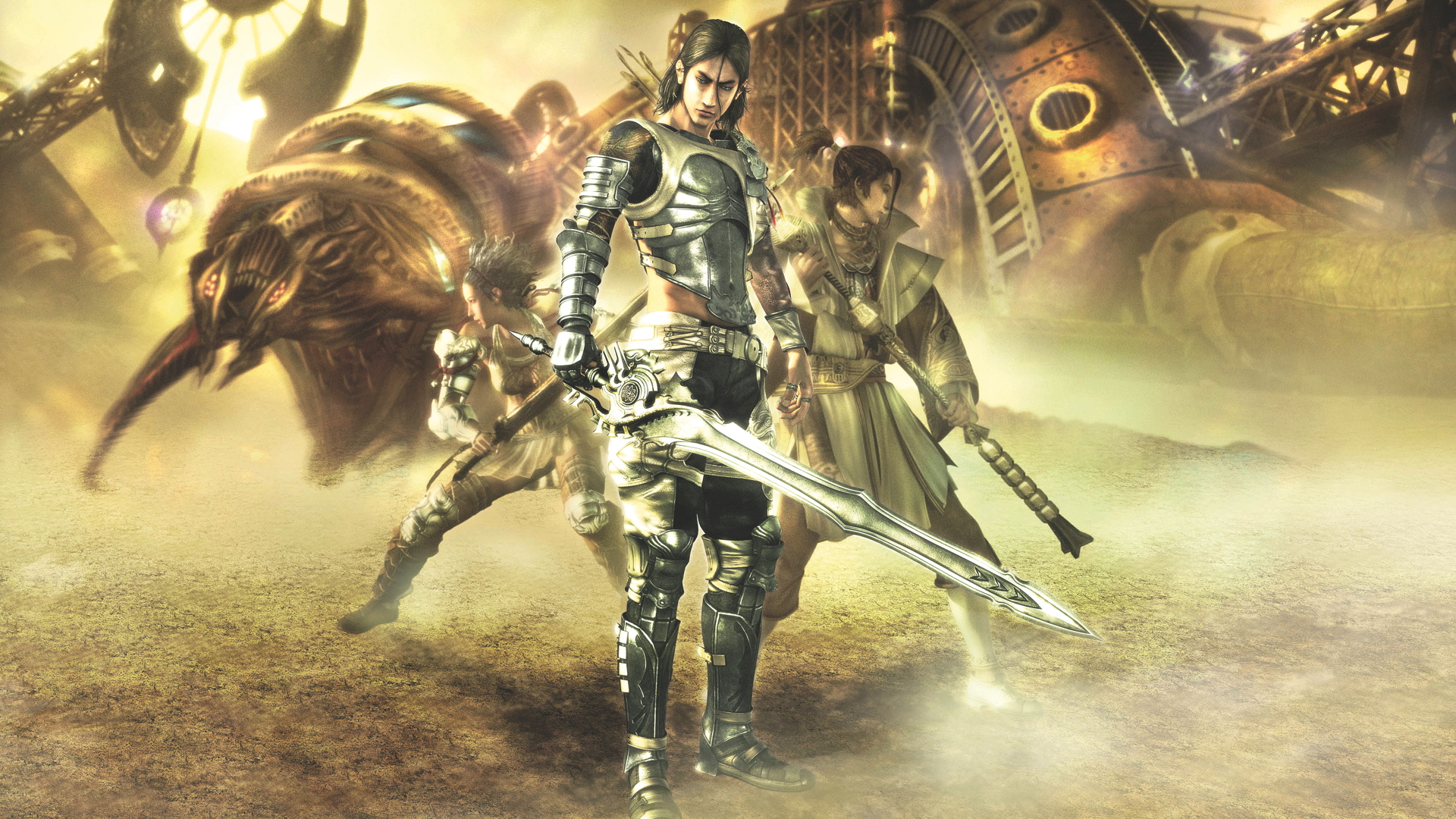
Final Fantasy 15 is a stylish, smart reminder of an era when Japanese games dominated the industry, but sweeping JRPGs aren't new to Xbox. As proof, here's a fond look back over the best Japanese role-playing games ever to grace Microsoft consoles.
01: Blue Dragon
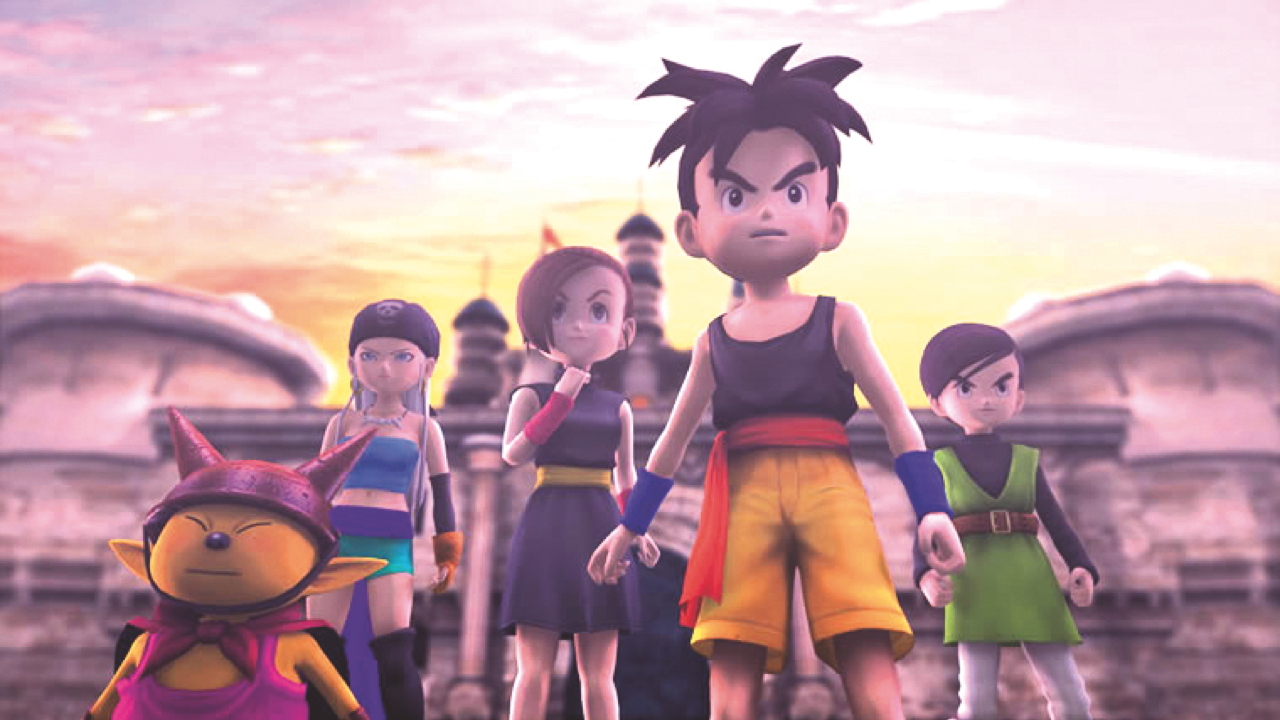
When Final Fantasy‘s creator, Hironobu Sakaguchi, and composer, Nobuo Uematsu, founded development studio Mistwalker back in 2004, JRPG fans awaited the birth of a franchise to rival the pair’s masterpiece. Debut game Blue Dragon didn’t deliver that exactly, but the Xbox 360 exclusive spawned manga, anime and two sequels, although they only appeared on the Nintendo DS. A very traditional take on the genre, Blue Dragon follows a band of kids and their giant blue shadow creatures on a quest to rid the world of killer purple clouds. Its three discs – which made it the first multi-DVD Xbox 360 game – positively burst with turn-based brilliance.
02: Lost Odyssey
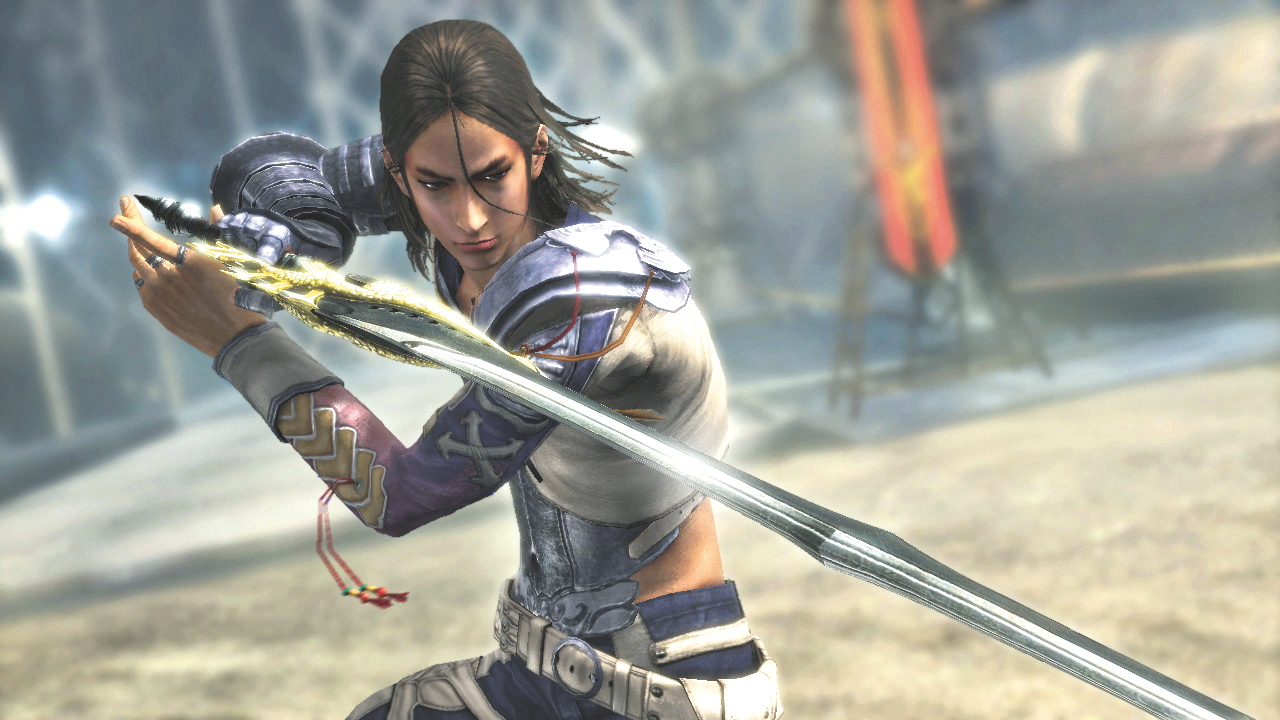
Mistwalker’s second game dropped Blue Dragon’s chibi looks and opted for a more grown-up aesthetic. Another Xbox 360 exclusive, it feels like a mainline Final Fantasy game in all but name and remains the best JRPG of its generation. In its ‘dreams’ mechanic, Lost Odyssey moves you to tears as immortal hero Kaim recounts heart-breaking stories from 1,000 years as a mercenary; in audacious bad guy Gongora, it boasts one of the most memorable JRPG villains (an elite crowd); and in the voice work of comedy character Jansen, it boasts that rarest of things: an English language option that’s worth selecting.
03: Eternal Sonata
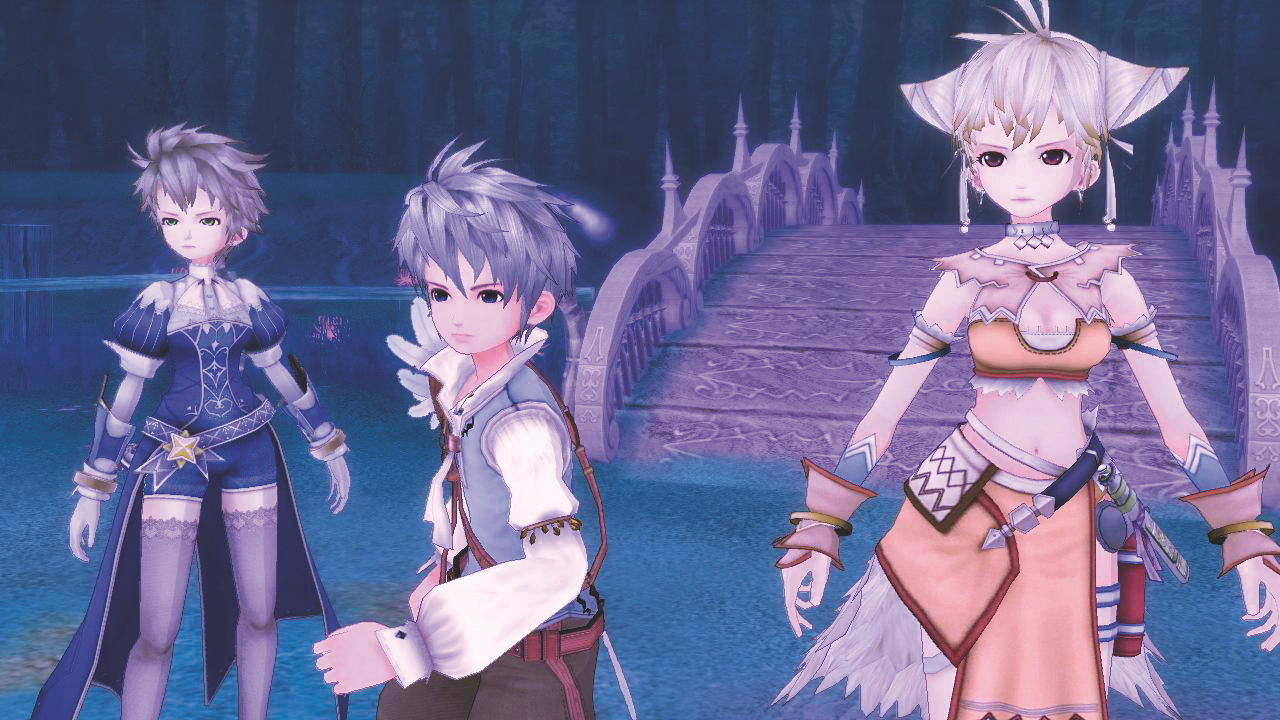
Known in Japan as Trusty Bell: Chopin’s Dream (the tweest game name on Xbox 360), Eternal Sonata is set in the dying mind of composer Frédéric Chopin as he succumbs to tuberculosis. Not a weird enough premise for you? The story, which naturally incorporates plenty of the composer’s best-known music, sees Chopin retreat into his dreams to aid a young girl with an incurable disease. He then teams up with a squad of youths to – no drumroll necessary for this shocking JRPG plot zinger – save the world. Curiously, Eternal Sonata also sticks a conductor’s baton up at the genre’s solo-only conventions by incorporating a two-player co-op battle mode.
04: Breath of Death 7: The Beginning
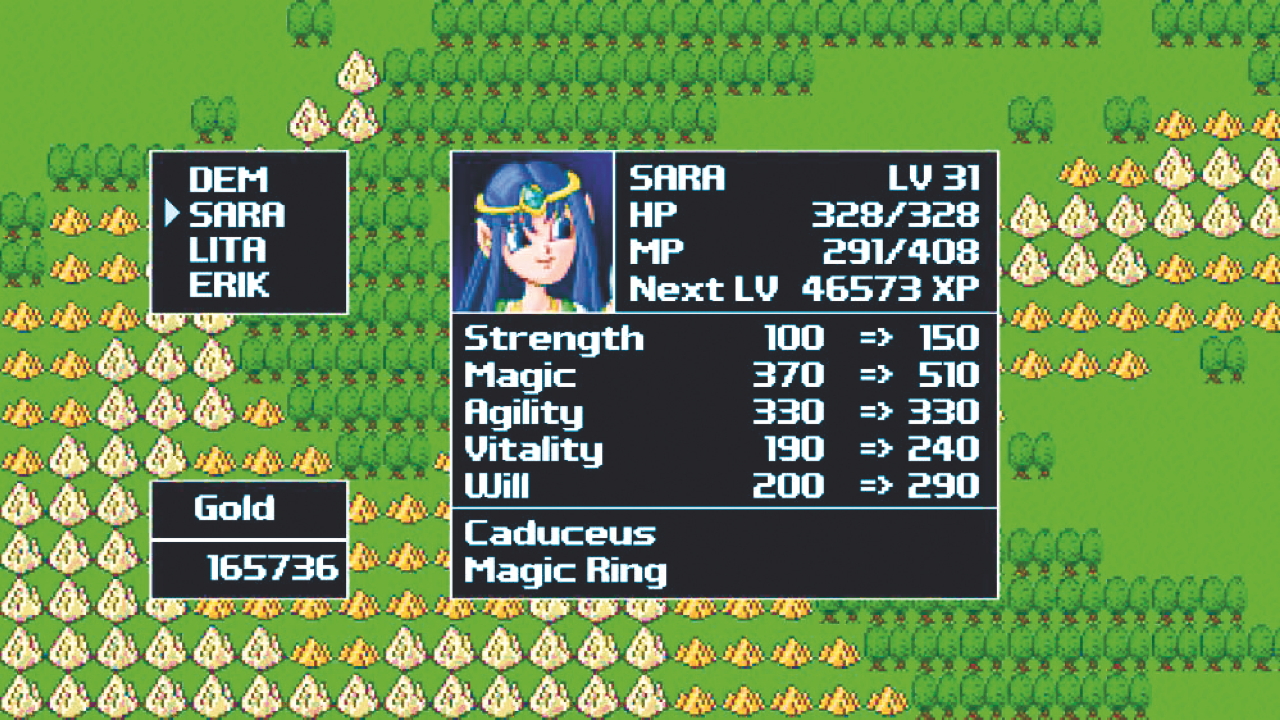
Such is the size and scope of JRPGs that they’re typically the domain of huge teams and big-name publishers. Yet the advent of 360’s Xbox Live Indie Games platform ushered in a new wave of developers, most notably two-man outfit Zeboyd Games. Though the pair’s Californian roots cast a big question mark over the status of the ‘J’ in JRPG, Breath of Death 7’s total adoration for the genre and sharp jokes that lovingly parody 8-bit series make it eligible for our list. It’s packed with both laughs and warmly familiar JRPG systems. Zeboyd built on their success with excellent follow-up Cthulhu Saves the World.
05: Tales of Vesperia
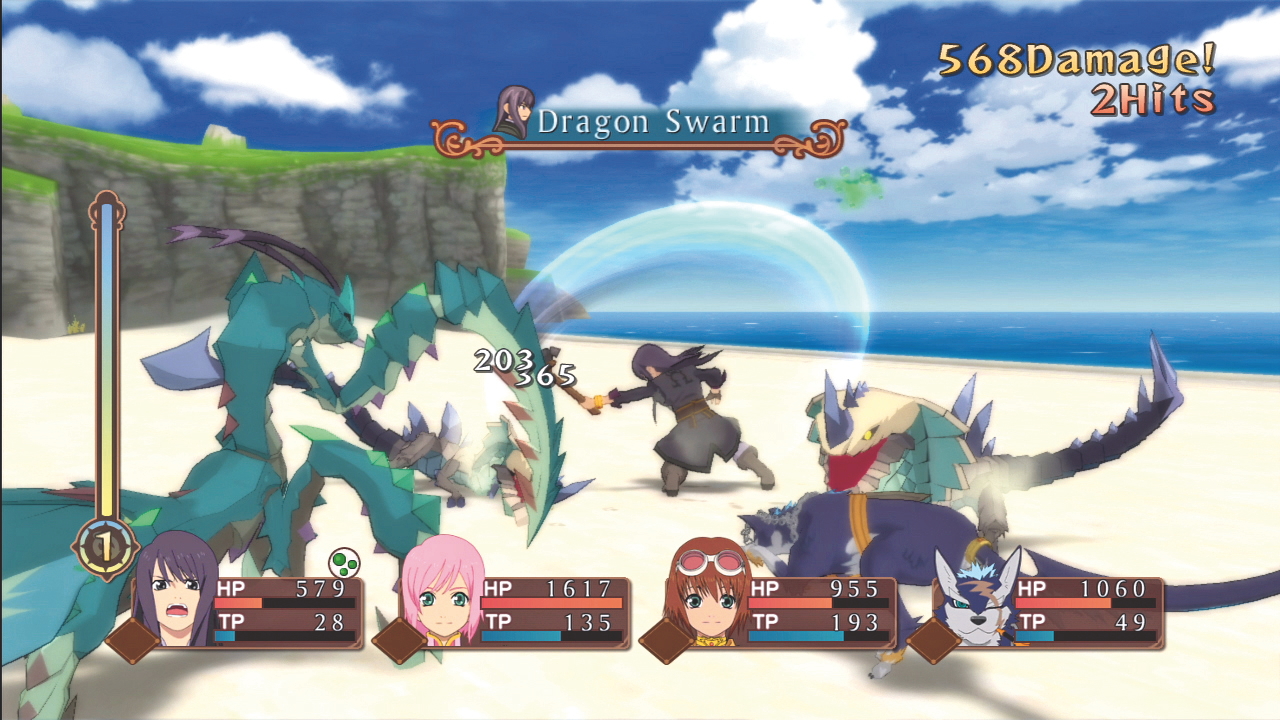
Although the mainline Tales series stretches back more than two decades, Xbox has played host to just one entry, yet that lone representative is widely accepted to be one of the top games in the series. You can thank its blend of likeable characters (none more so than Repede, an intelligent, pipe-smoking dog) and fast, fluid action battle systems that are more like fighting games than traditional RPG menu crawling (enhanced via Xbox Live with online leaderboards). The adventure of the roaming Vesperia guild became highly sought after in the west and went for high figures on eBay before finally making its way to Xbox 360’s digital store.
06: Resonance of Fate
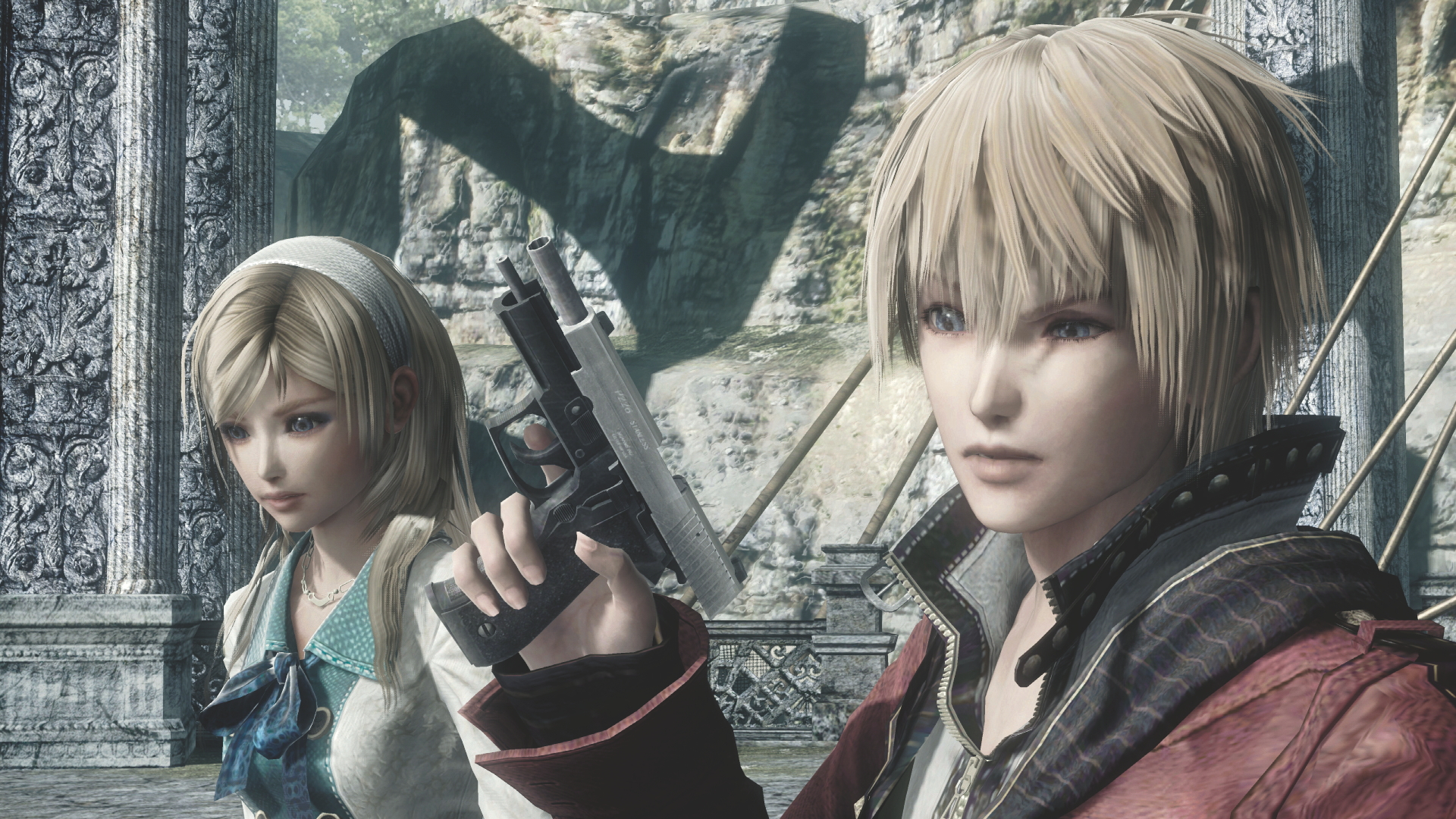
Back in 2010, Star Ocean studio tri-Ace and publisher Sega prepared to throw their steampunk, strategy-action role-player into a head-to-head battle with Final Fantasy 13. Everybody thought they were crazy (perhaps justifiably, given the staggering deficit in sales) but Resonance of Fate ended up towering over its lofty Xbox 360 rival in terms of quality. Apt, given its setting: it all takes place on and around a giant tower constructed to protect citizens from poisonous gases. Its stars, armed to the eyeballs with uzis and grenades, duke it out in real-time run-and-gun fights that seem to have been ripped directly out of XCOM.
Sign up to the GamesRadar+ Newsletter
Weekly digests, tales from the communities you love, and more
07: Final Fantasy 13-2
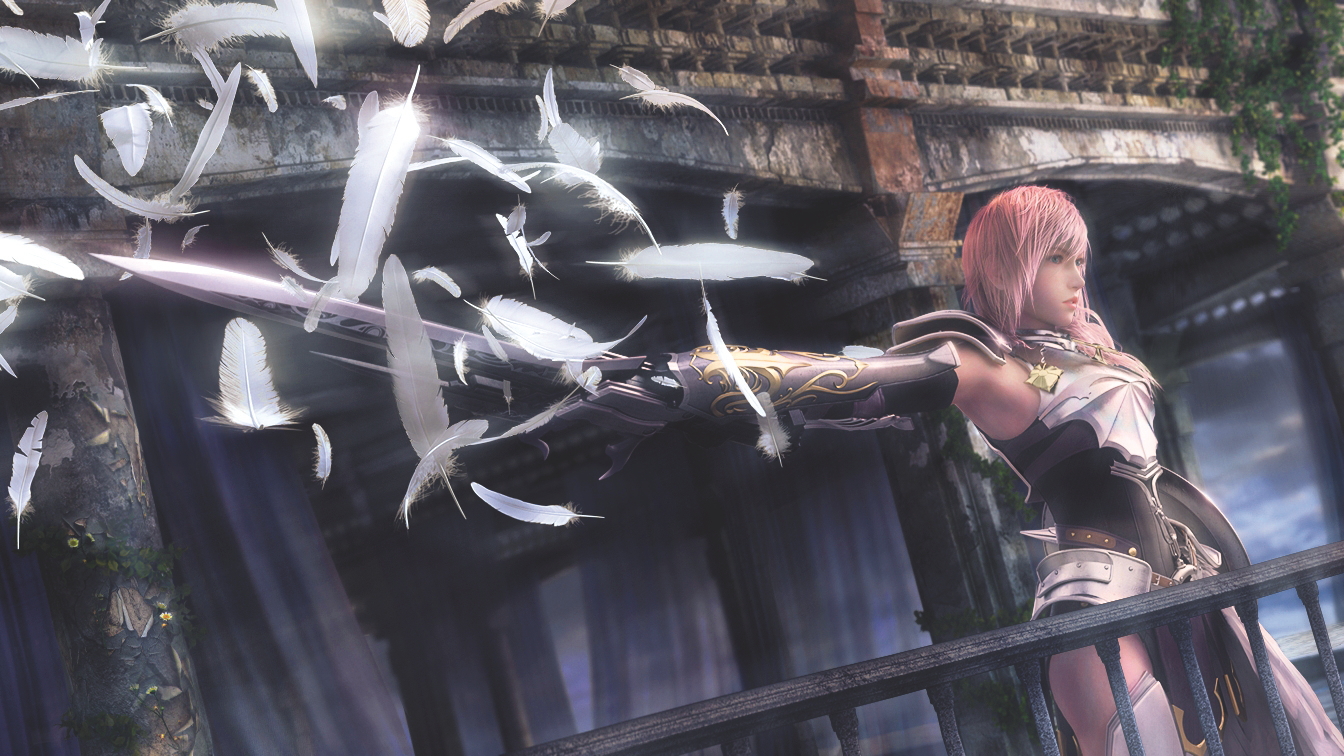
Talk about third time lucky. After Final Fantasy 11 and 13 failed to impress, it seemed Xbox 360 was cursed to host only the weakest entries in the series. Initially our third experience looked ominous, too: straight sequels are rare in Final Fantasy, good ones rarer still. Cue the surprise decision to follow protagonist Lightning’s relentlessly linear debut with a mind-bending JRPG that sees Serah and Noel take the lead for an experimental, non-linear plot; one you shape by leaping through time periods and parallel universes. Threequel Lightning Returns: Final Fantasy 13 spoiled the fun, but in 13-2 the subseries had its brief moment of glory.
08: The Last Remnant
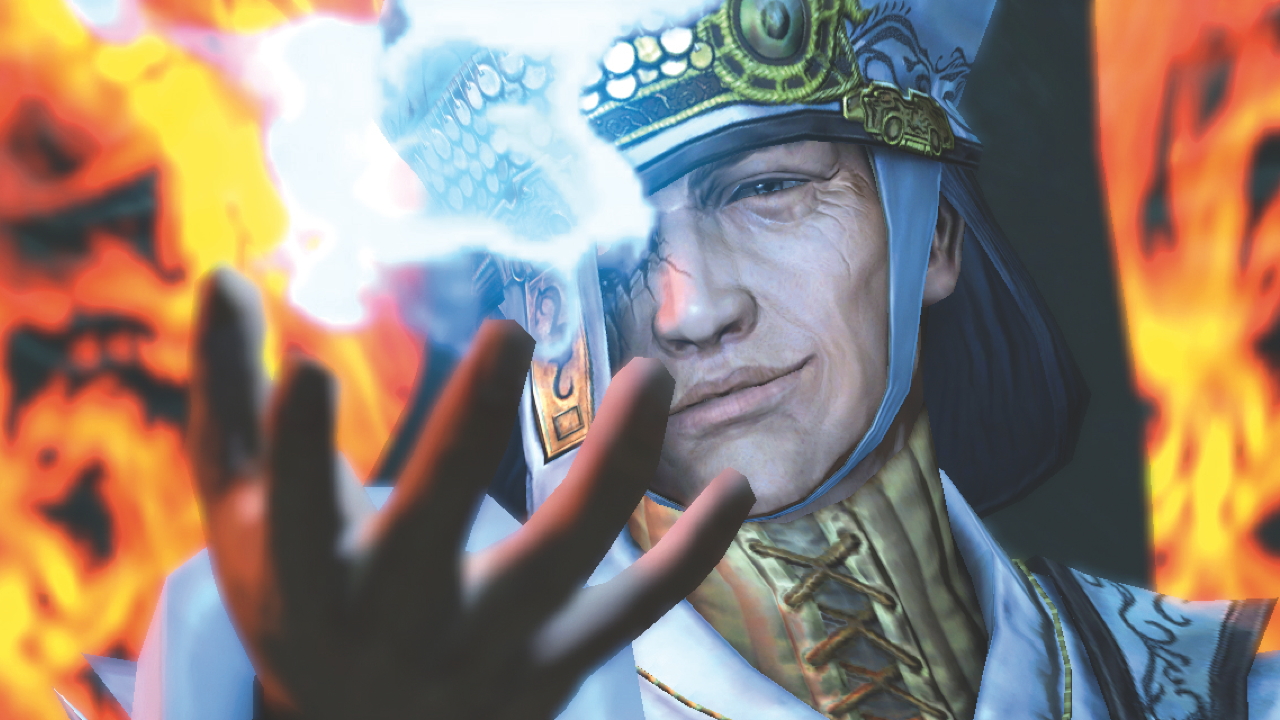
During Xbox 360’s early years, JRPG specialists Square Enix had a bold idea: a more powerful console demanded a more ambitious scope. Why should players control individuals when they could instead take charge of entire groups of characters? And so The Last Remnant was born. Far (very far) from the finest JRPG to land on Xbox, it’s nevertheless one of the more fascinating entries thanks to its group-battle focus and the resulting shift in tactical nous needed to cope with the AI’s dithering actions during combat. Square Enix clearly saw potential in these mechanics – some were borrowed two years later for sister title Final Fantasy 13.
09: Nier
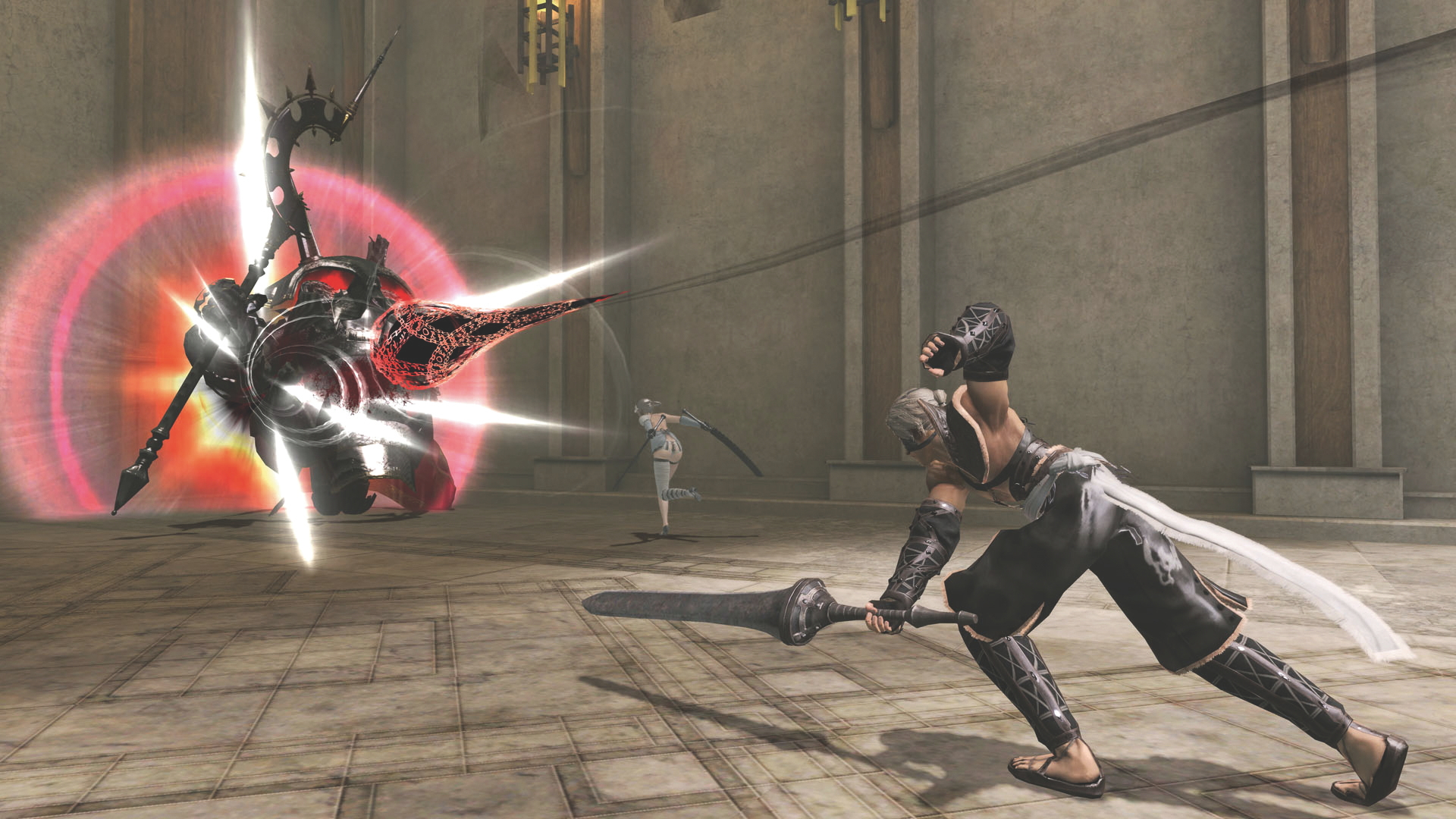
Part 3D action game, part RPG, part top-down shooter, part 2D platformer and many more parts besides, Cavia’s bizarro hybrid can’t decide what it wants to be – but the OXM judges have looked favourably on its efforts and deemed there’s enough JRPG DNA on display to qualify for our list. The odd blend of gameplay styles doesn’t always work, but the story (leading man Nier and a magical talking book called Grimoire Weiss are on a quest to find a cure to save Nier’s dying daughter) is never less than excellent, culminating in an ending with one of the bravest twists any video game has ever dared pull.
10: Final Fantasy Type-0
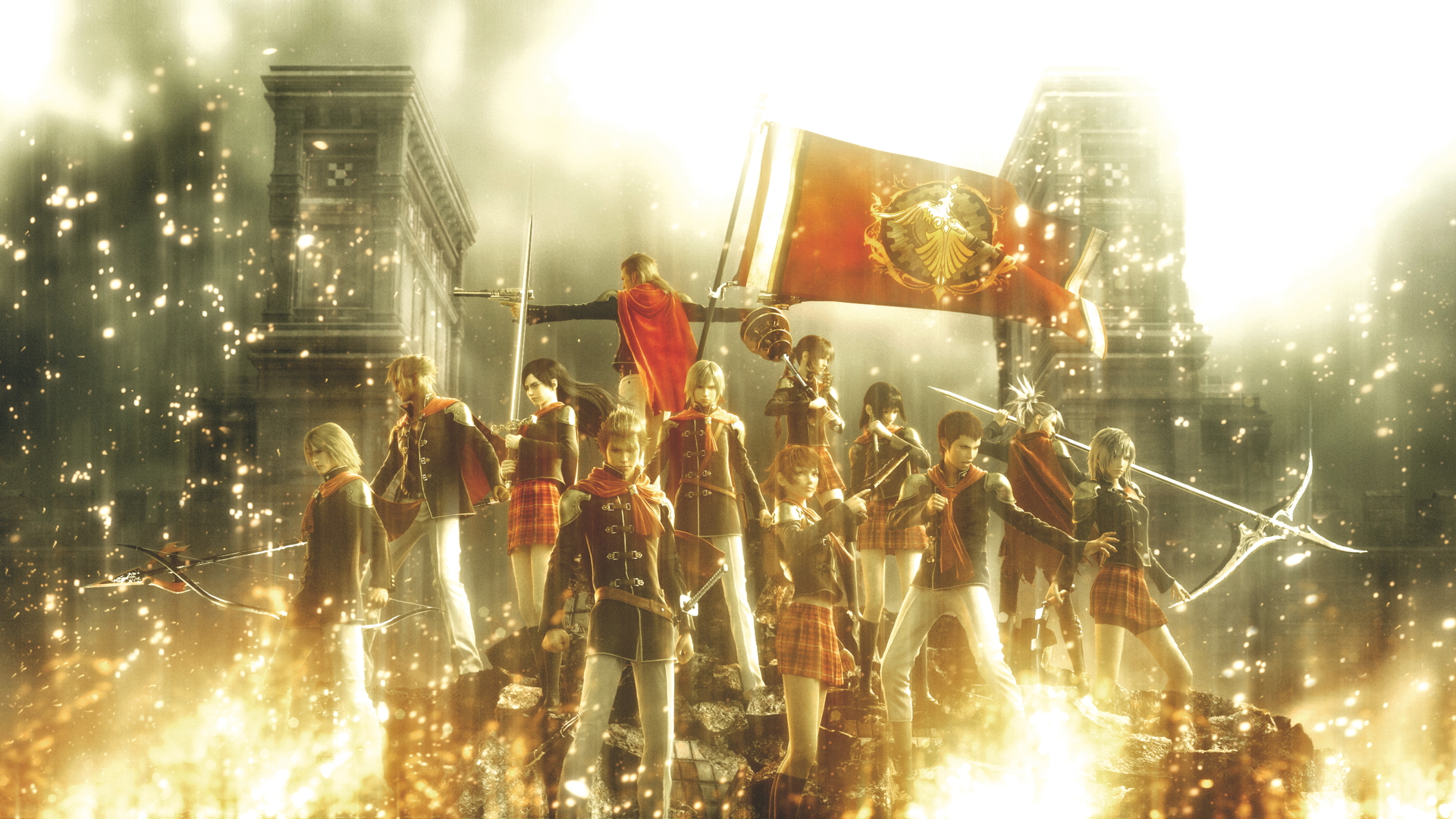
Most players came for the free Final Fantasy 15: Episode Duscae demo bundled with the disc, but they stayed thanks to a gripping action slant that belied Type-0’s “spin-off” status. Not bad for an Xbox One remaster of a game that was previously just a Japanese-only PSP curio. Basic looks and bite-size missions betray its humble handheld origins, but the student-battling, action role-player (if it sounds X-Men-ish, it is – hero Ace wields a pack of deadly playing cards, just like Gambit) paints a surprisingly mature tale by Final Fantasy’s standards. The liberal chucking about of blood throughout this dark tale is rather shocking for the unprepared.
11: Phantasy Star Online Episodes 1 & 2
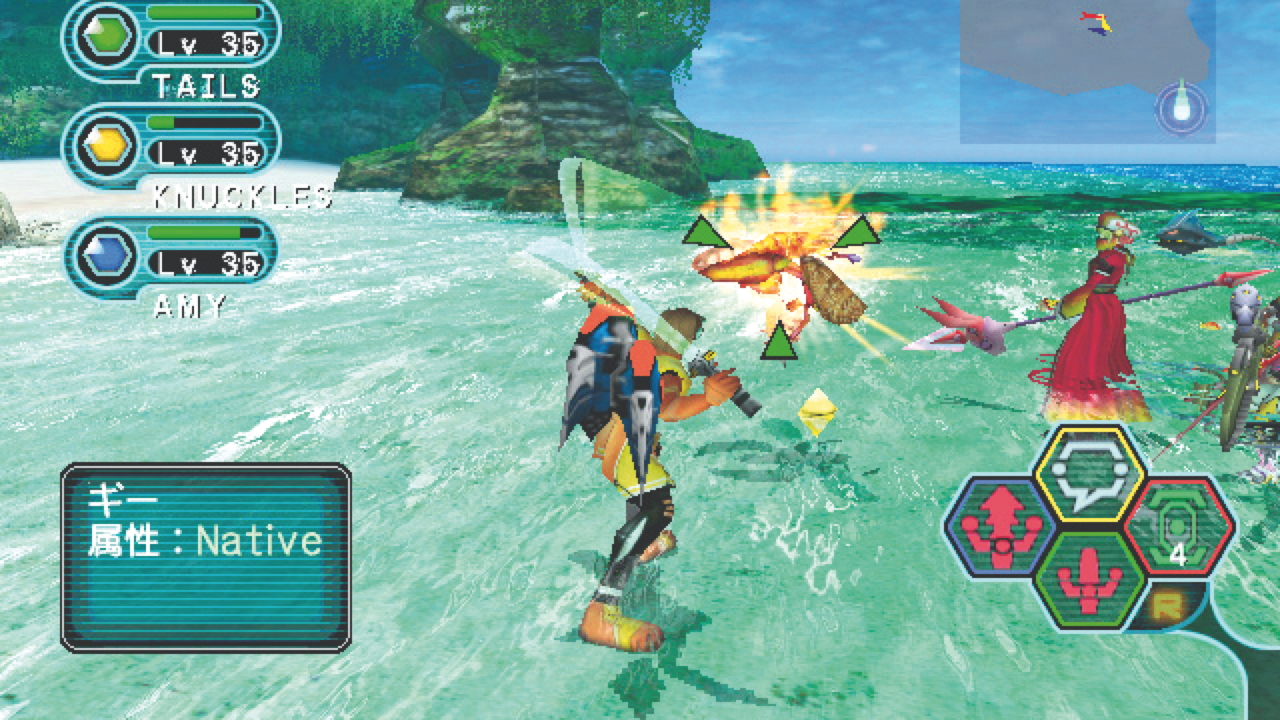
Sega’s Dreamcast may not have lived a long and fruitful life, but thanks to Sonic Team it helped pioneer an online revolution for console gaming. This internet-friendly take on Sega’s long-running Phantasy Star role-playing series paved the way for the likes of Final Fantasy 11 and even Destiny – though it still has one over Bungie’s space shooter thanks to offline and split-screen multiplayer modes in addition to its online link-ups. After Dreamcast took one critical hit too many, the first two episodes made the switch to the original Xbox in 2003, making it the first essential JRPG in Xbox’s history.
12: Shining in the Darkness
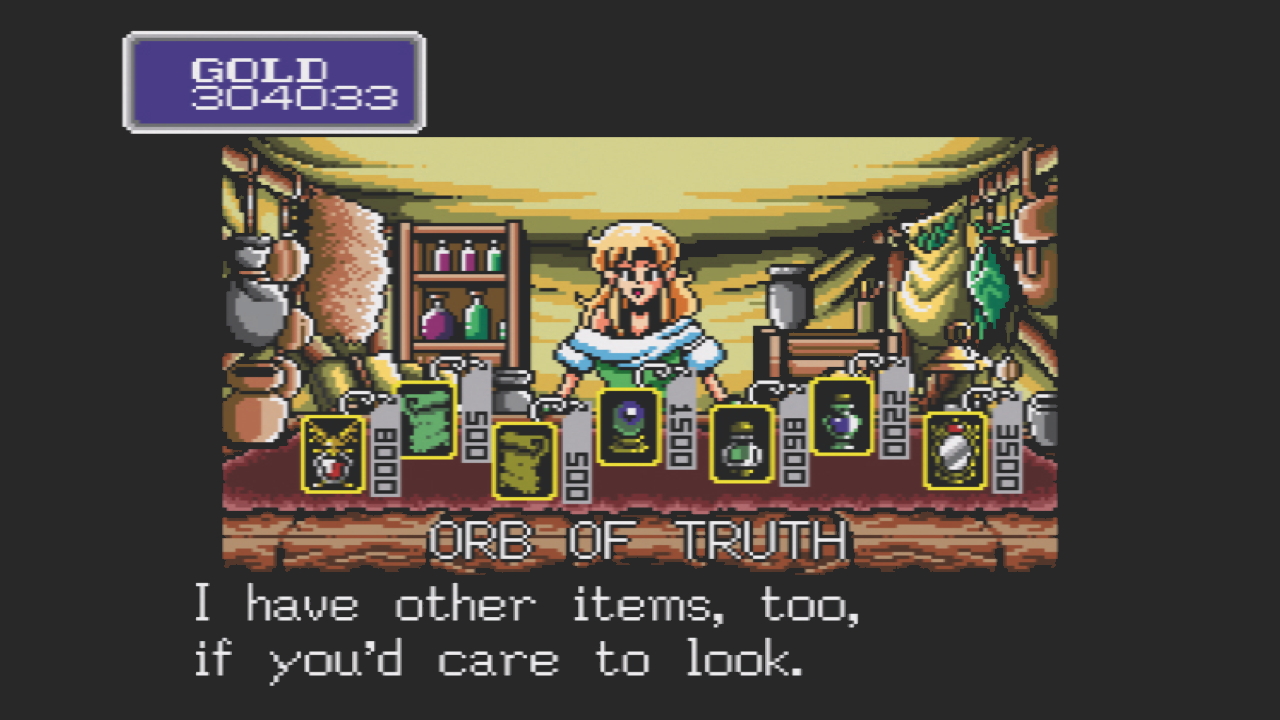
Long before Xbox was even a twinkle in Bill Gates’ eye, a short-lived battle of the JRPGs took place on warring consoles as Final Fantasy flew the flag of Nintendo (and later Sony) and Shining Force pledged allegiance to Sega. Xbox players can relive those heady days through Xbox 360’s Sega Mega Drive Ultimate Collection. While follow-ups Shining Force and Shining Force 2 better reflect traditional JRPGs, 1991’s first-person dungeon-crawler Shining in the Darkness is more important, not only for establishing the series, but for bringing Japanese role-players to the west.
13: Pier Solar and the Great Architects
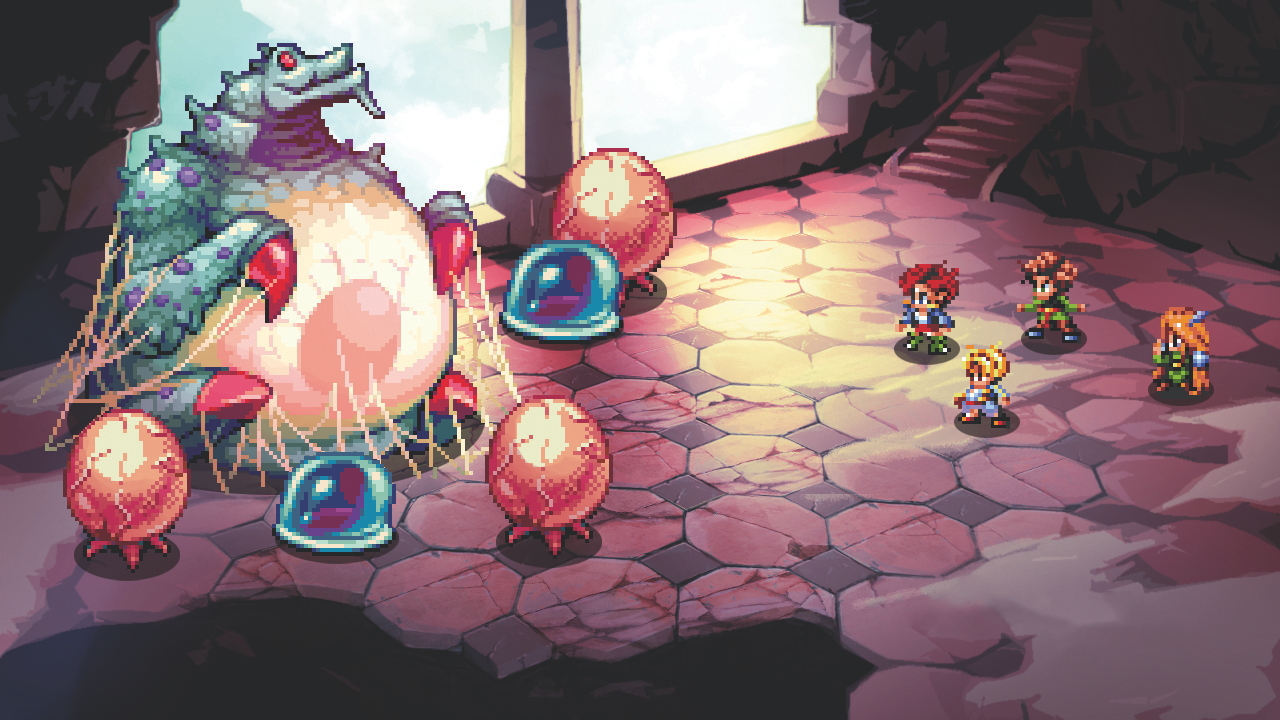
Another JRPG with questionable “J” status thanks to its development by a small indie team from across the globe, Pier Solar has a strange background, starting out as a homebrew game for the Mega Drive in 2010 – no, that’s not a typo. The Xbox One port arrived in 2014, a year before the Dreamcast port (!), and delivered a 16-bit-inspired role-playing game about a trio of friends searching for a magical herb to cure the hero’s father. Mechanical niggles hold Pier Solar back from greatness, but the substantive shortcomings are more than made up for by its sublime, retro-worshipping style.
14: Metal Dungeon
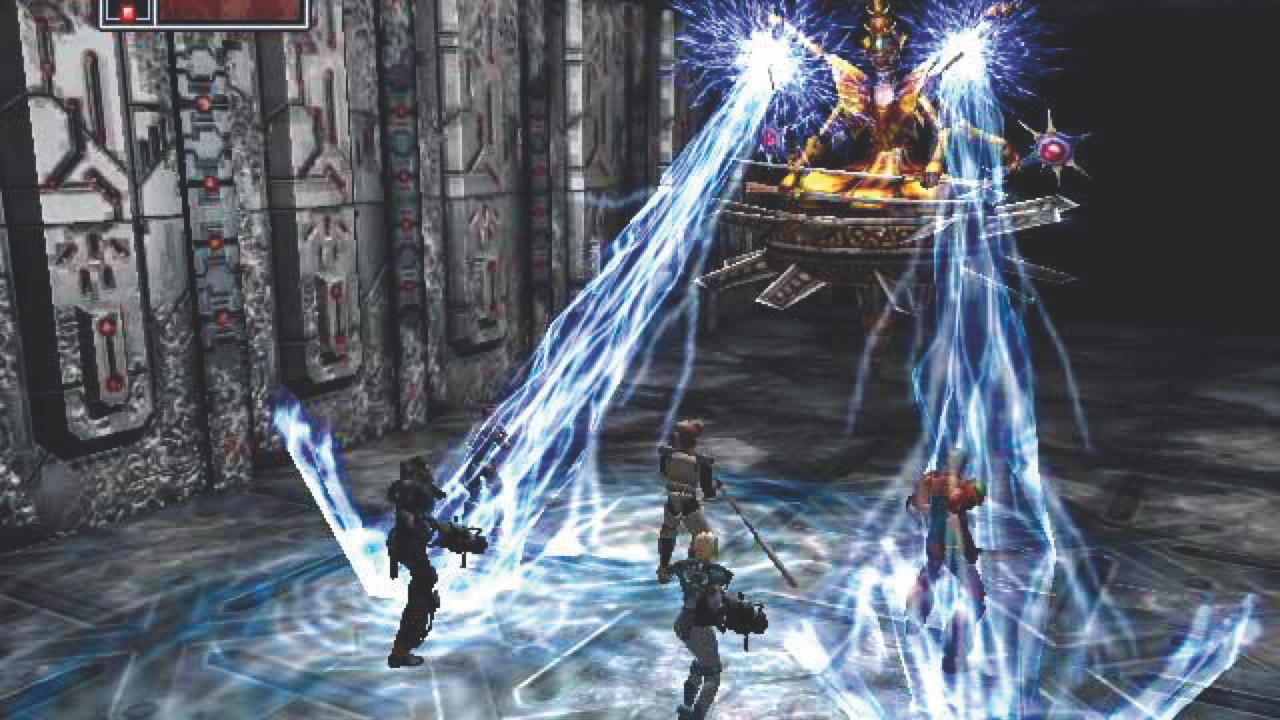
You can picture the boardroom discussion. “What’s the biggest game on Xbox?” one suited man asks. “It’s Halo,” replies another. “Why’s it called that?” probes Mr Suit. “It’s quite clever actually,” chips in a plucky young upstart. “You see – it’s named after its setting.” “We’ll do the same thing with our new game and make millions!” exclaims Mr Suit. “So where’s our game set?” All eyes fall on the lead developer. “Um…” he utters. “A dungeon.” Fevered whispering breaks out in the room. “‘Dungeon’?! We can’t call it that,” frowns Mr Suit. “Can you give us more detail?” “Well,” comes the tentative reply. “It’s a… metal dungeon.” “JACKPOT!” everybody yells.
15: Infinite Undiscovery
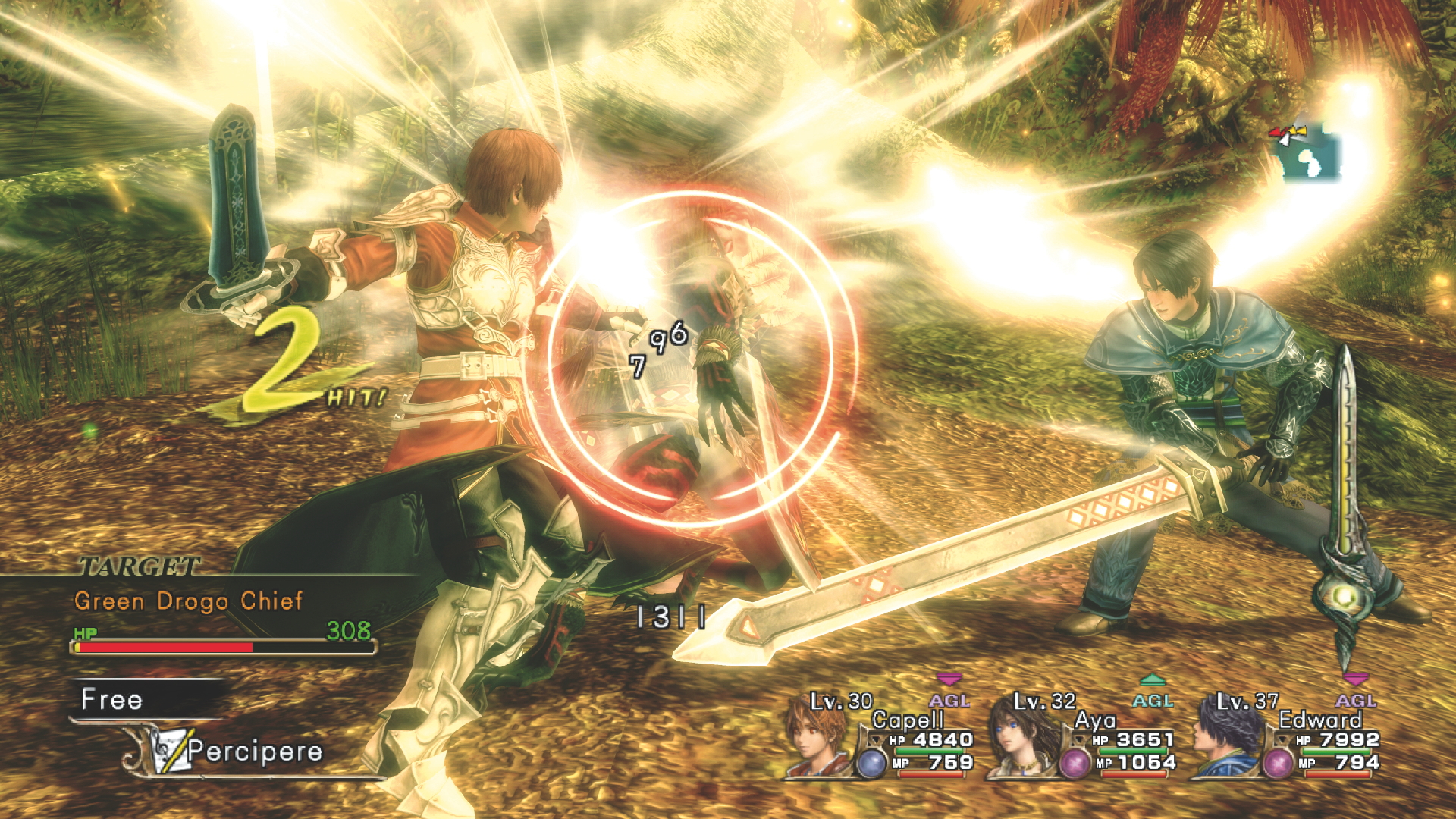
Just look at that name. Infinite. Undiscovery. Like “free” and “lunch”, they’re a magical combination of words that should be chewed over [er, I’m not convinced “undiscovery” is a word – Ed]. What does it mean? Truly, that’s a question that you can ponder for as long as the game’s running time, but with little to split the likes of 360’s other JRPGs Star Ocean: The Last Hope, Enchanted Arms (from Dark Souls developer FromSoftware, no less) and MagnaCarta 2, the name seals it for tri-Ace’s 360-exclusive. Oh, and the real-time decision trees that morph the game’s story help it stand even further apart from the crowd.
This article originally appeared in Xbox: The Official Magazine. For more great Xbox coverage, you can subscribe here.


